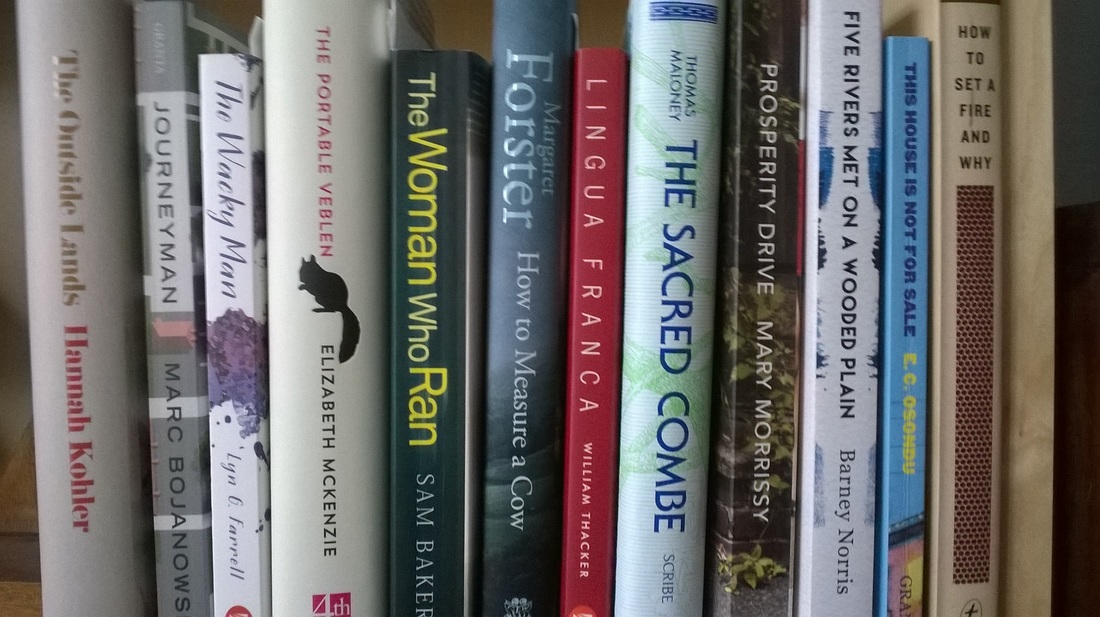| As someone who spends more time with fictional characters than with flesh-and-blood people, I’m sometimes at risk of embarrassing myself in real-life interactions. Especially when it gets to the level of gossip; it’s not that I’m not interested, or don’t have anything to contribute, but that the anecdote I’m bursting to share is about some fictional character, and some people find that a little odd. |
So I was encouraged when, well over a year ago now, I did a short online course in cognitive poetics taught by Professor Peter Stockwell from the University of Nottingham, to discover that this level of absorption in the fictional world is perfectly normal. When we read, we form relationships with the characters in more or less the same way that we form relationships in real life. The brain, it turns out, doesn’t make much distinction, the same neurological regions being stimulated while reading about a particular scenario as if we experienced that situation for real.
Maybe that’s part of what makes fiction about reading, such as in Reader for Hire or An Unnecessary Woman, work for us; we’ve got a double identification with a character who shares our love of books. It might even help explain the popularity of/obsession with gaming as featured in the novel Wolf in White Van.
That intense connection could also go some way towards elucidating why some people write extra negative reviews, a topic explored some time back on Bridget Whelan’s blog in relation to Man Booker prize-winning novel, The Narrow Road to the Deep North, and one of my favourite reads of 2014. If a novel with which you expect to find a deeper connection doesn’t satisfy, it’s almost like a dear friend’s betrayal.
Do you think you connect with a fictional world in the way you relate in real life? If you want to check out whether I’ve felt engaged or estranged from the fictional characters I’ve met recently, you can click on the image above to see the full list of this month’s twelve reviews.






















 RSS Feed
RSS Feed





















